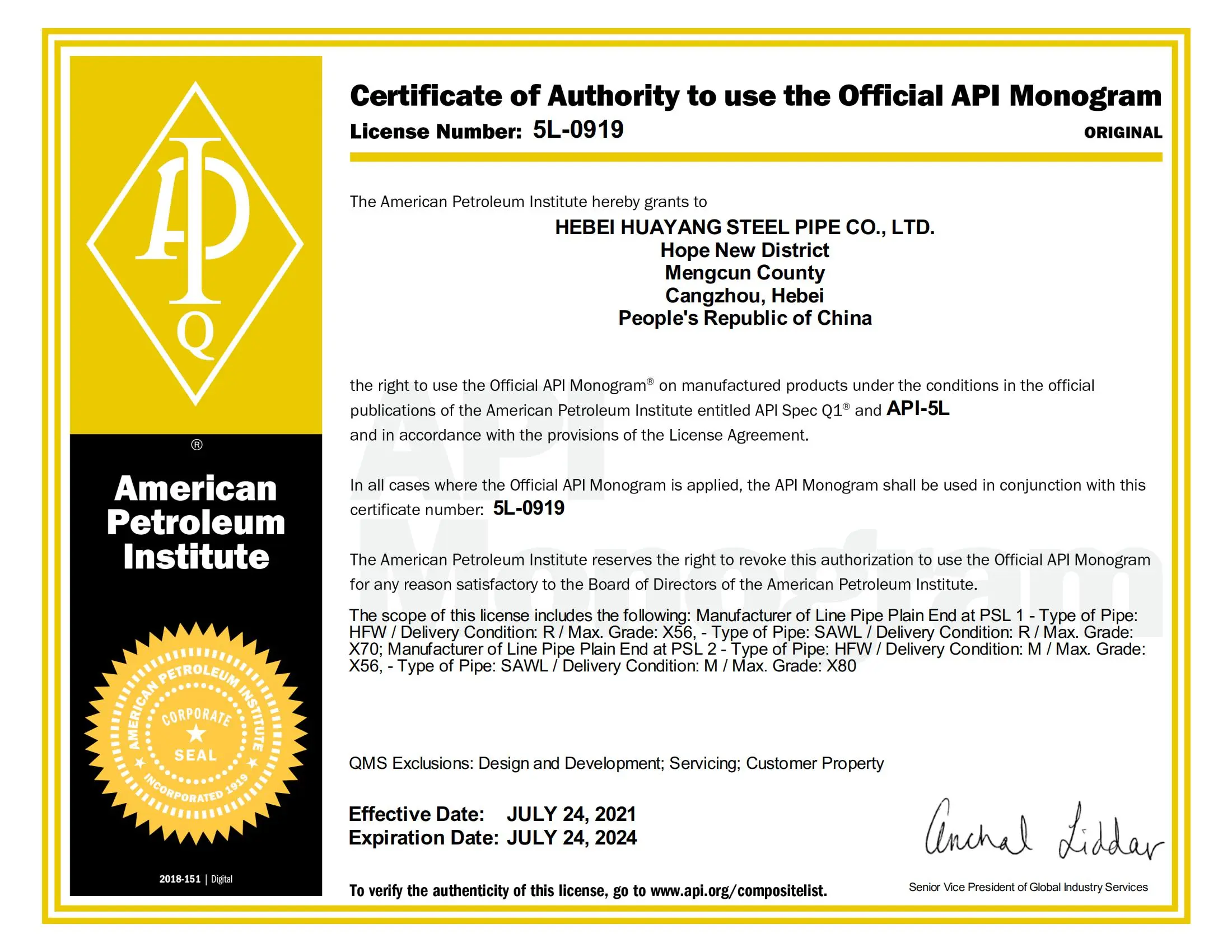
Oct . 16, 2024 00:31 Back to list
Enhancing Mortar Performance with Adhesive Additives for Superior Construction Strength
Understanding Mortar Adhesive Additives Enhancing Bonding Performance
In the construction industry, the choice of materials and their performance characteristics can determine the success of a project. Mortar, a mixture primarily composed of sand, water, and cement, plays a crucial role in binding bricks or stones. To enhance the performance of traditional mortar, many manufacturers incorporate adhesive additives. These additives significantly improve the mortar's adhesion, flexibility, and overall durability, making them essential ingredients in modern construction practices.
What Are Mortar Adhesive Additives?
Mortar adhesive additives are specialized chemical compounds or polymers added to traditional mortar to modify its properties. They may be in liquid form, powders, or granules, and are designed to enhance the bonding capabilities of mortar to various substrates. Common types of additives include polymer-based products, which improve flexibility and adhesion, and anti-foaming agents, which prevent the formation of air bubbles that can weaken the mortar.
Benefits of Using Adhesive Additives
1. Enhanced Adhesion One of the primary advantages of using adhesive additives is the improved adhesion they provide. Traditional mortar can struggle to bond to certain materials like glass, ceramics, or smooth stone. Adhesive additives help create a stronger bond between the mortar and these challenging substrates, minimizing the risk of delamination.
2. Increased Flexibility Mortar with adhesive additives is often more flexible than standard formulations. This flexibility is crucial for applications in areas prone to movement, such as seismic zones. Flexible mortar can accommodate slight shifts in building materials without cracking or compromising the integrity of the bond.
3. Improved Workability Many adhesive additives enhance the workability of mortar. A smoother, more workable mix allows for easier application and manipulation, which is particularly beneficial when working on intricate designs or when installing large-format tiles.
mortar adhesive additive

4. Reduced Water Absorption Some adhesive additives help reduce the porosity of the mortar, making it less permeable to water. This property is especially important in exterior applications where exposure to moisture can lead to deterioration. A less porous mortar resists water infiltration, helping to protect the integrity of the structure over time.
5. Increased Durability Adhesive additives contribute to the overall durability of the mortar. By enhancing adhesion and flexibility, these additives can extend the lifespan of the mortar, reduce the likelihood of cracking, and improve resistance to weathering and other environmental stressors.
Application Areas
Mortar adhesive additives are used across various applications in the construction industry. From residential building projects to large commercial installations, these additives are particularly beneficial for
- Tile Installation When bonding tiles to walls and floors, adhesive additives improve the bond strength and ensure longevity. - Brick and Stone Masonry In masonry work, the added adhesion can be crucial for maintaining the integrity of the structure over time. - Repairs For repair mortars, especially where old and new materials meet, adhesive additives help create seamless transitions and strong bonds.
Conclusion
In an era where construction demands are constantly evolving, the use of mortar adhesive additives is becoming increasingly prevalent. These additives not only enhance the traditional properties of mortar but also provide the flexibility, durability, and adhesion required for modern building materials and techniques. By investing in high-quality mortar mixed with the appropriate adhesive additives, contractors can ensure that their projects stand the test of time, while also facilitating easier application processes. As the construction industry continues to innovate, the role of these additives will remain fundamental to achieving superior construction outcomes.
-
Versatile Hpmc Uses in Different Industries
NewsJun.19,2025
-
Redispersible Powder's Role in Enhancing Durability of Construction Products
NewsJun.19,2025
-
Hydroxyethyl Cellulose Applications Driving Green Industrial Processes
NewsJun.19,2025
-
Exploring Different Redispersible Polymer Powder
NewsJun.19,2025
-
Choosing the Right Mortar Bonding Agent
NewsJun.19,2025
-
Applications and Significance of China Hpmc in Modern Industries
NewsJun.19,2025







